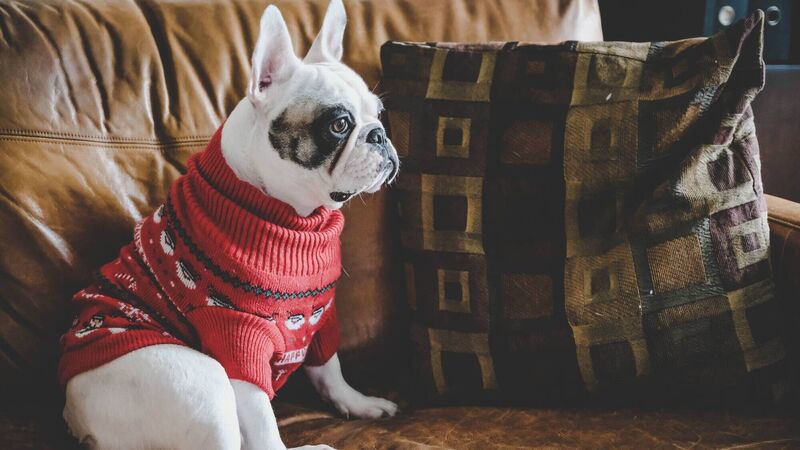Pete the Vet: The best ways to keep your pet cosy this winter

Pete the Vet: If your pet (like most Irish dogs these days) lives indoors, it’s likely that the household ambient temperature will be adequate for them, but you may need to supply them with extra insulation when you take them out for walks.
Colder winter weather has kicked in. Electric blankets have been switched on, winter duvets have replaced the summer versions, people are pressing boost on their central heating systems, and jerseys, scarves, and gloves are worn if you’re going outside. It’s easy for us humans to do what’s needed to keep ourselves warm: we can choose what we need to keep us comfortable.
It’s not so easy for our pets: they cannot control their environment, and they depend on us to keep them cosy. So what do we need to do for them? How can we tell if we are doing enough to give our dogs, cats and other pets sufficient protection from the cold?






